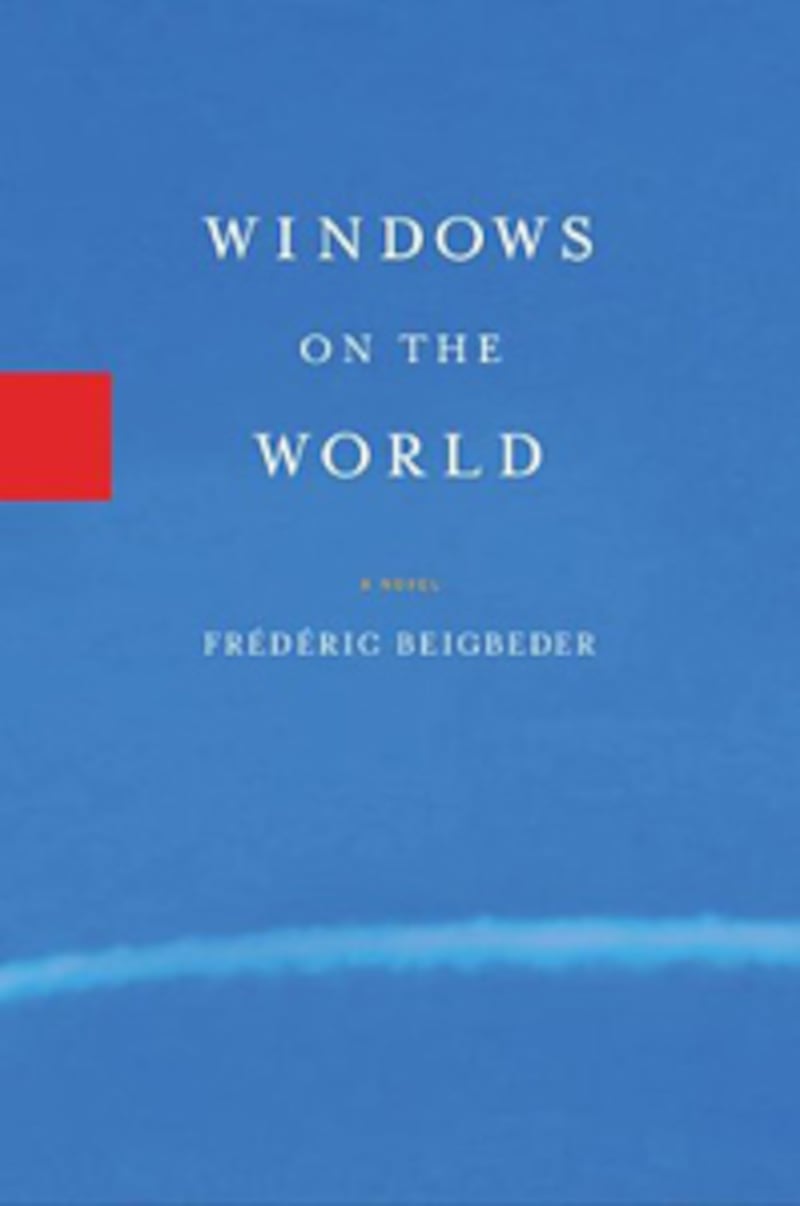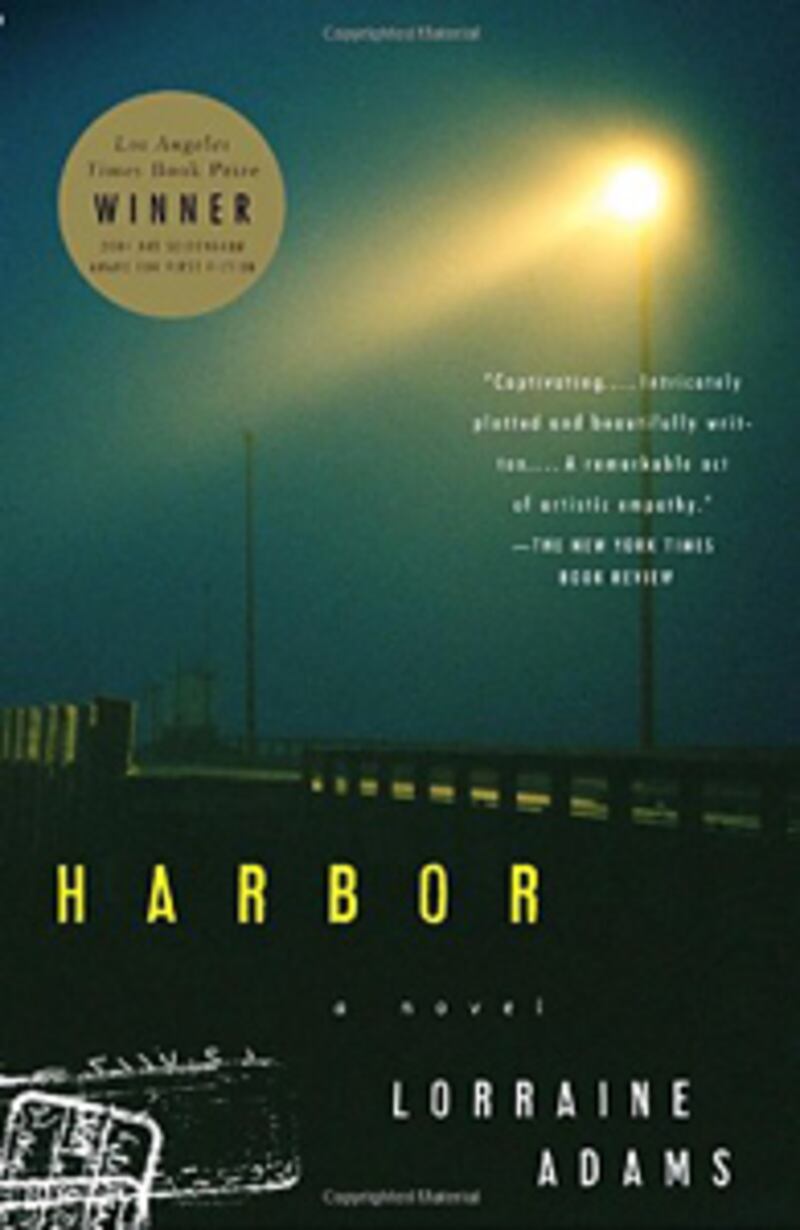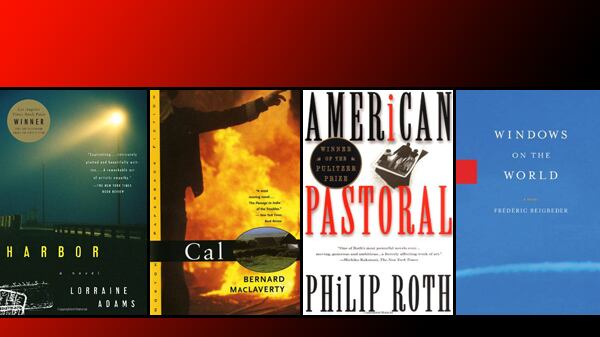Windows on the WorldBy Frédéric Beigbeder

Still one of the best 9/11 novels. The author breaks two rules with panache: that you have to be American, optimally a New Yorker, to write with authority about the World Trade Center (Beigbeder is from France, where this novel was first published in 2004); and that books published too closely on the heels of any such tragedy are bound to suffer from a lack of perspective and come out rubbish. To the contrary, the story of a father taking his son to breakfast at just the wrong restaurant on just the wrong day is dramatic and stunningly vivid. The narrator’s intervening commentary is dry, smart, aptly sheepish, and, gloriously, sometimes even funny.
CalBy Bernard MacLaverty

Having lived in Belfast for a dozen years, I read a stack of novels set among the Northern Irish Troubles, and recall most of them in a nauseous blur. But this one stands out in my memory as touching yet not cloyingly sentimental. Technically one of those “Romeo and Juliet” romances that as a genre the Northern Irish disdain, Cal is about a Catholic lad who falls in love with the widow of the reservist he shot. A credible portrayal of the way ordinary people get swept up into violent movements that have become interwoven in the fabric of everyday life. By the by, Mark Knopfler’s soundtrack for the film is fab.
HarborBy Lorraine Adams

An engaging, convincing portrayal of an Algerian illegal immigrant to the U.S., who gets caught up in a variety of dubious enterprises with other illegal Algerians to survive. But the FBI (which doesn’t come out well here, alas) spins smuggling rackets, drug running, credit-card fraud, and identity theft into a terrorist conspiracy. It’s a hard call whether the violence of the protagonist’s homeland or the corruption, incompetence, and abuse in his adoptive country is worse. Adams hones a razor-sharp cynicism about “the war on terror.”
American PastoralBy Philip Roth

The daughter of an American paragon, Merry Levov bombs a U.S. post office to protest against the war in Vietnam and then goes on the run. Roth paints a stunning portrait of Patty-Hearst-style terrorist wannabe going off the deep end. What always leaps out in my mind when I remember this novel is the image of Merry when she has decided she will no longer hurt any living thing, including plants: she will not eat, she will not wash, she will not cut her own hair or nails. She looks revolting, and she talks drivel. She somehow resonates with the case of the wayward Californian John Walker Lindh, also discovered filthy with long matted hair, and speaking mysteriously with an Arabic accent.






